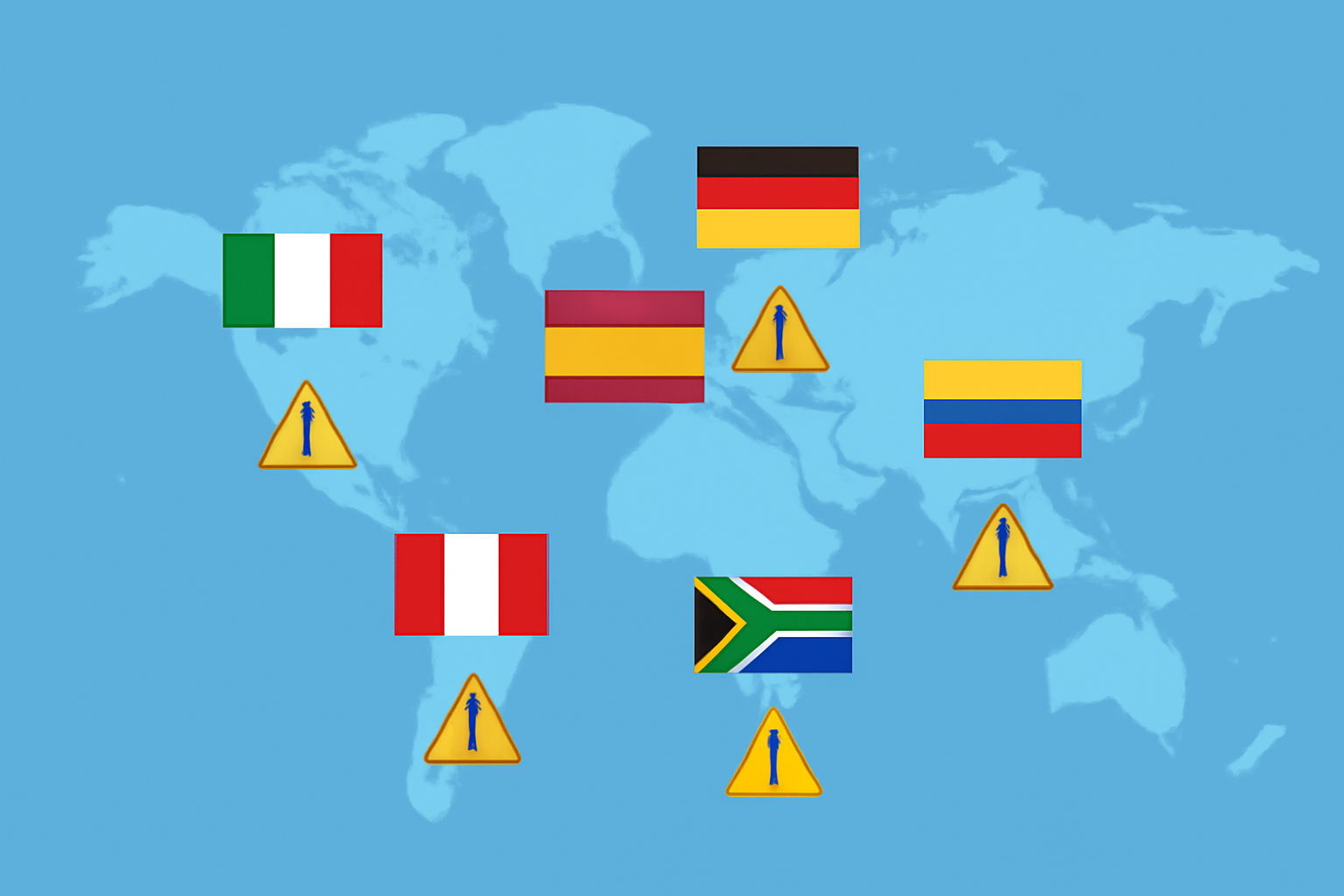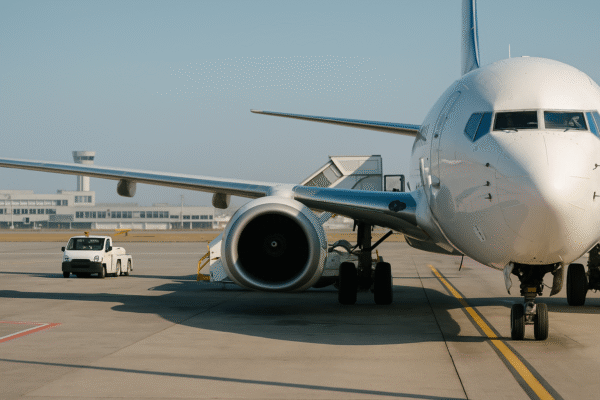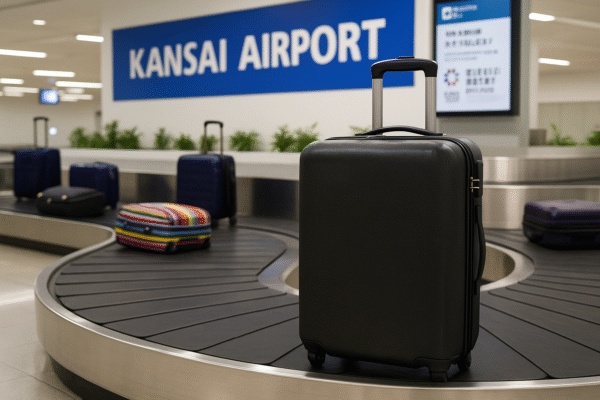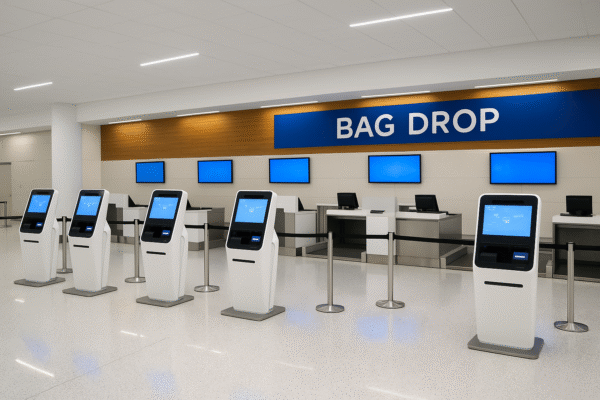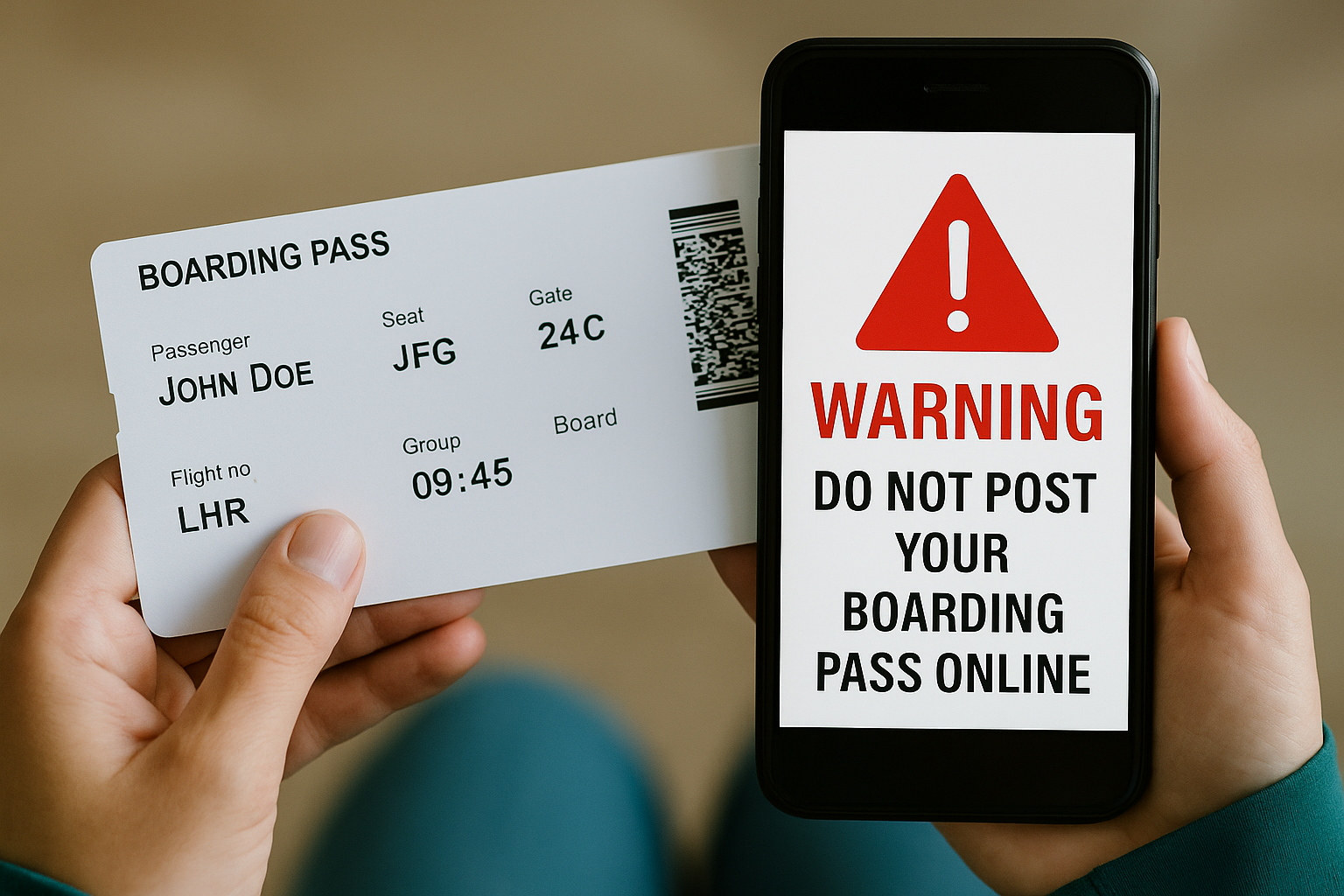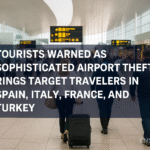As British holidaymakers gear up for the busy summer travel season, cybersecurity experts and government authorities are issuing an urgent warning: never share your boarding pass online. Even a partial photo on Instagram or Facebook could open the door to identity theft, financial loss, or even complete travel disruption.
The UK’s National Cyber Security Centre (NCSC) and legal experts from leading firms are drawing attention to this growing threat in an effort to protect travelers heading to international destinations from major airports such as Heathrow, Gatwick, and Manchester.
Why Your Boarding Pass Is a Cybercrime Magnet
Your boarding pass is more than just a travel memento—it’s a data-rich document. According to Adam Jones, legal advisor at HD Claims, this single piece of paper or digital code can reveal:
- Full name and travel itinerary
- Flight number and seat assignment
- Booking reference and ticket number
- Frequent flyer ID
- Passport details stored in the airline’s system
Cybercriminals can exploit this information using simple online tools. With only a barcode or QR code, they can access your airline account, cancel or reroute your flights, use your air miles, or even steal your personal identity.
“Think of your boarding pass like a credit card,” Jones explains. “Posting it online gives criminals a roadmap to your private data. Even if you blur parts of the image, the barcode may still be enough to launch a cyberattack.”
High-Risk Scenario: Online Check-ins and Budget Airlines
Digital check-ins, while convenient, make the threat more pressing. Low-cost airlines and budget carriers often have minimal identity verification steps, which cybercriminals can bypass easily. For instance, a scammer may log into your airline account using only your booking reference and last name—both of which can be decoded from a shared boarding pass photo.
In one recent case, a traveler unknowingly shared a snap of their boarding pass on social media. Within hours, a hacker accessed their account, altered their return flight, and drained their frequent flyer miles.
Four Travel Safety Precautions Every Flyer Should Follow
1. Never Post Your Boarding Pass on Social Media
Whether you’re documenting your journey or showing off a dream holiday, avoid posting any images that show your boarding pass, flight ticket, or baggage tags. Even cropping the image doesn’t make it safe—criminals can zoom, decode, and hack.
2. Destroy Your Boarding Pass After Use
Don’t leave it behind in the hotel room or toss it in a bin. Shred or completely destroy your ticket once your journey is over. Scavenging cybercriminals often check bins or cleaning carts for leftover travel documents.
3. Watch for Suspicious Activity
If you’ve accidentally posted your pass or fear your account is compromised, immediately contact your airline, change your login credentials, and monitor your frequent flyer and bank accounts for unauthorized access.
4. Avoid Public Wi-Fi During Travel
When checking emails, logging into airline apps, or booking new flights abroad, never use public Wi-Fi without a secure VPN. Unsecured networks are a haven for hackers who can intercept your credentials in real time.
What Airlines and the UK Government Are Doing
Many airlines, including British Airways and Ryanair, now include cybersecurity warnings in their travel advisories. Still, the legal protections for cybercrime victims remain limited, particularly when a traveler’s own post leads to data exposure.
The UK Government and the NCSC offer regular updates and traveler safety guides. Their latest advisory emphasizes the need for personal responsibility and highlights that once your data is leaked, the recovery process can be costly and complex.
“Consumers must be proactive,” says an NCSC spokesperson. “We provide free resources for secure travel, but the first line of defense starts with each traveler’s actions.”
Real Stories Behind the Risks
In a 2024 case reported by BBC News, a tourist from London shared a celebratory photo at Heathrow before flying to Dubai. Within a day, hackers used the photo’s QR code to access her Emirates Skywards account, changing her seat, altering her meal preference, and attempting to cancel her flight—all before she even landed.
Similarly, Travel Weekly UK highlighted a case where criminals used discarded boarding passes from a hotel waste bin to create fake refund claims and obtain passenger details for phishing scams.
Final Word: Enjoy Your Trip—Safely
Summer travel should be exciting, not stressful. But in today’s digital world, every social media post is a potential entry point for cybercrime.
To stay secure, treat your travel information like your banking data. Keep it private, delete it when no longer needed, and stay alert online. A few small actions can protect your identity, your money, and your hard-earned holiday.
For more travel news like this, keep reading Global Travel Wire



